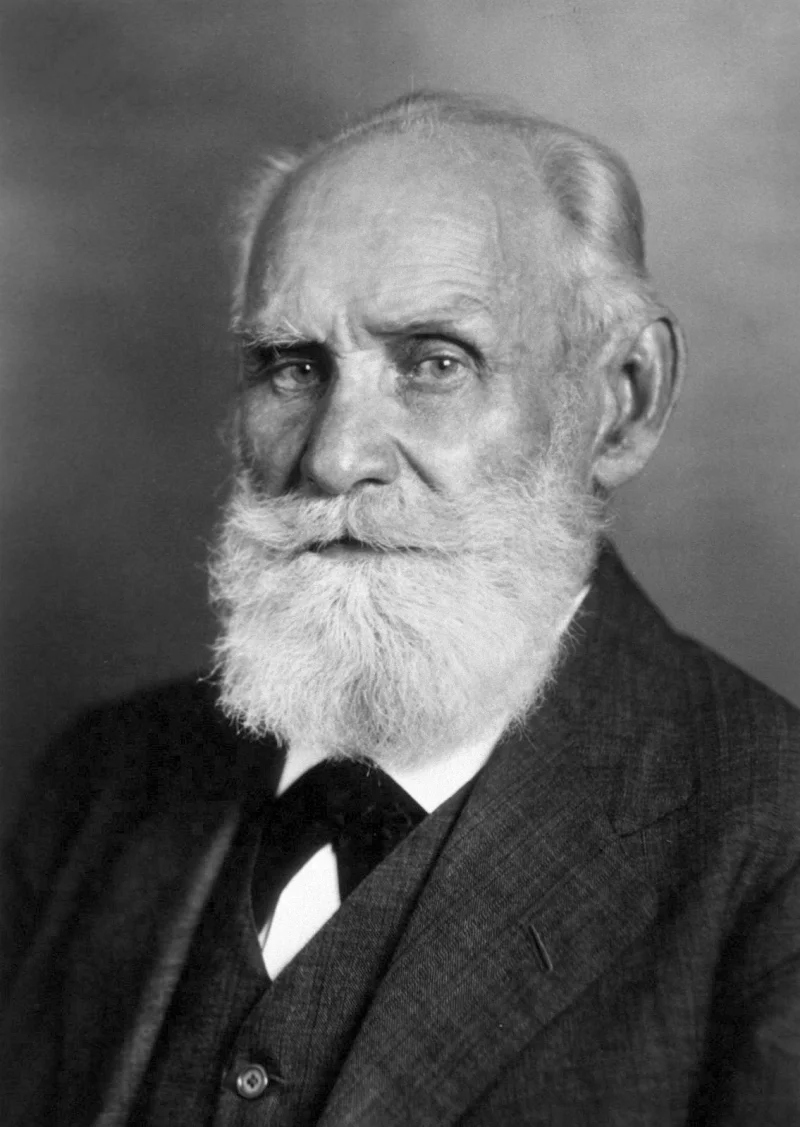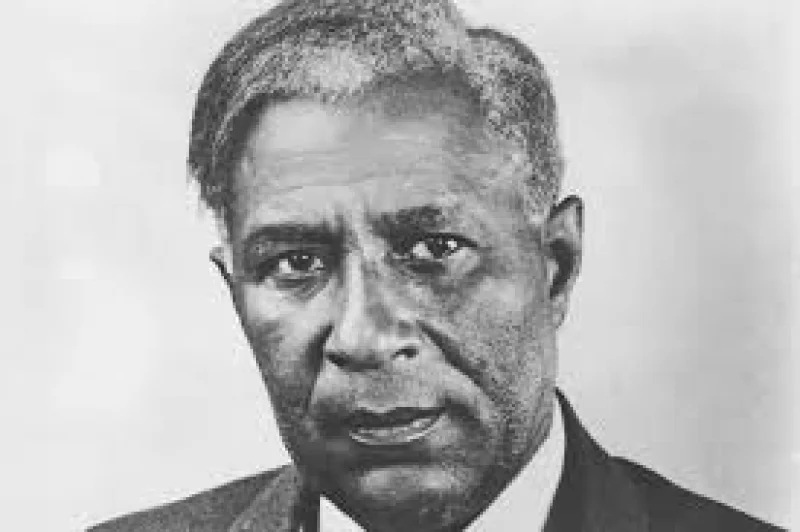Short Summary
Wilhelm Wundt was a pioneering figure in psychology, often referred to as the "father of experimental psychology." He is best known for establishing the first laboratory dedicated to psychological research at the University of Leipzig in 1879. Wundt's work laid the foundation for psychology as a distinct scientific discipline, and he was instrumental in developing the method of introspection. His influence extends to various branches of psychology and his scientific approach helped shape the future of psychological studies.
Early Life & Education
Wilhelm Wundt was born on August 16, 1832, in Neckarau, Germany, which is now part of Mannheim. He was the fourth child of a Lutheran minister and his wife. Wundt's early education took place in local schools, but he showed an early interest in philosophy and the sciences. He pursued higher education at the University of Tübingen, followed by the University of Heidelberg, where he earned his medical degree in 1856. Influenced by his mentor, Hermann von Helmholtz, he developed an interest in the physiological processes underlying mental activities, which would later guide his groundbreaking work in psychology.
Career Highlights
Wilhelm Wundt's career was marked by his establishment of the first laboratory dedicated to psychological research at the University of Leipzig in 1879. This laboratory became a center for scientific study and attracted students from around the world. Wundt was instrumental in developing the experimental methods used in psychological research, particularly the technique of introspection. Over his career, he published numerous works, including "Principles of Physiological Psychology" in 1874, which laid the groundwork for experimental psychology. His work attracted a large number of students who would go on to become influential psychologists in their own right.
Major Achievements
- Established the first experimental psychology laboratory in 1879, marking the formal beginning of psychology as a scientific discipline.
- Developed the method of introspection, which became a foundational technique in psychological research.
- Published "Principles of Physiological Psychology," a seminal text that shaped the field of psychology.
- Trained numerous students who contributed significantly to the development of psychology worldwide.
Famous Quotes
- "The task of psychology is to investigate the facts of consciousness."
- "Psychology has a long past, but only a short history."
Interesting Facts
- Wundt's laboratory in Leipzig was the first of its kind and served as a model for future psychological research facilities.
- He was a prolific writer, producing over 500 works during his lifetime.
- Although he is known for psychology, Wundt began his career in physiology and philosophy.
- Wundt's students included many who would become prominent psychologists, such as Edward Titchener and G. Stanley Hall.
- He was one of the first to argue that psychology should be considered a science distinct from philosophy.
Legacy / Influence
Wilhelm Wundt's legacy in psychology is profound, as he is credited with establishing the field as an independent scientific discipline. His methods and theories laid the groundwork for future research, and his influence can be seen in various branches of psychology. The laboratory he founded at Leipzig became a model for psychological research worldwide, and his students went on to establish psychology programs across the globe, ensuring his impact endured for generations.
FAQ
Q: Why is Wilhelm Wundt famous?
A: He is famous for founding the first laboratory dedicated to experimental psychology, making him a key figure in establishing psychology as a scientific discipline.
Q: What method did Wundt develop?
A: He developed the method of introspection, which involves examining one's own conscious thoughts and feelings.
Q: Where was his renowned laboratory located?
A: His laboratory was located at the University of Leipzig in Germany.
Q: Who were some of his notable students?
A: Some of his notable students include Edward Titchener and G. Stanley Hall.












